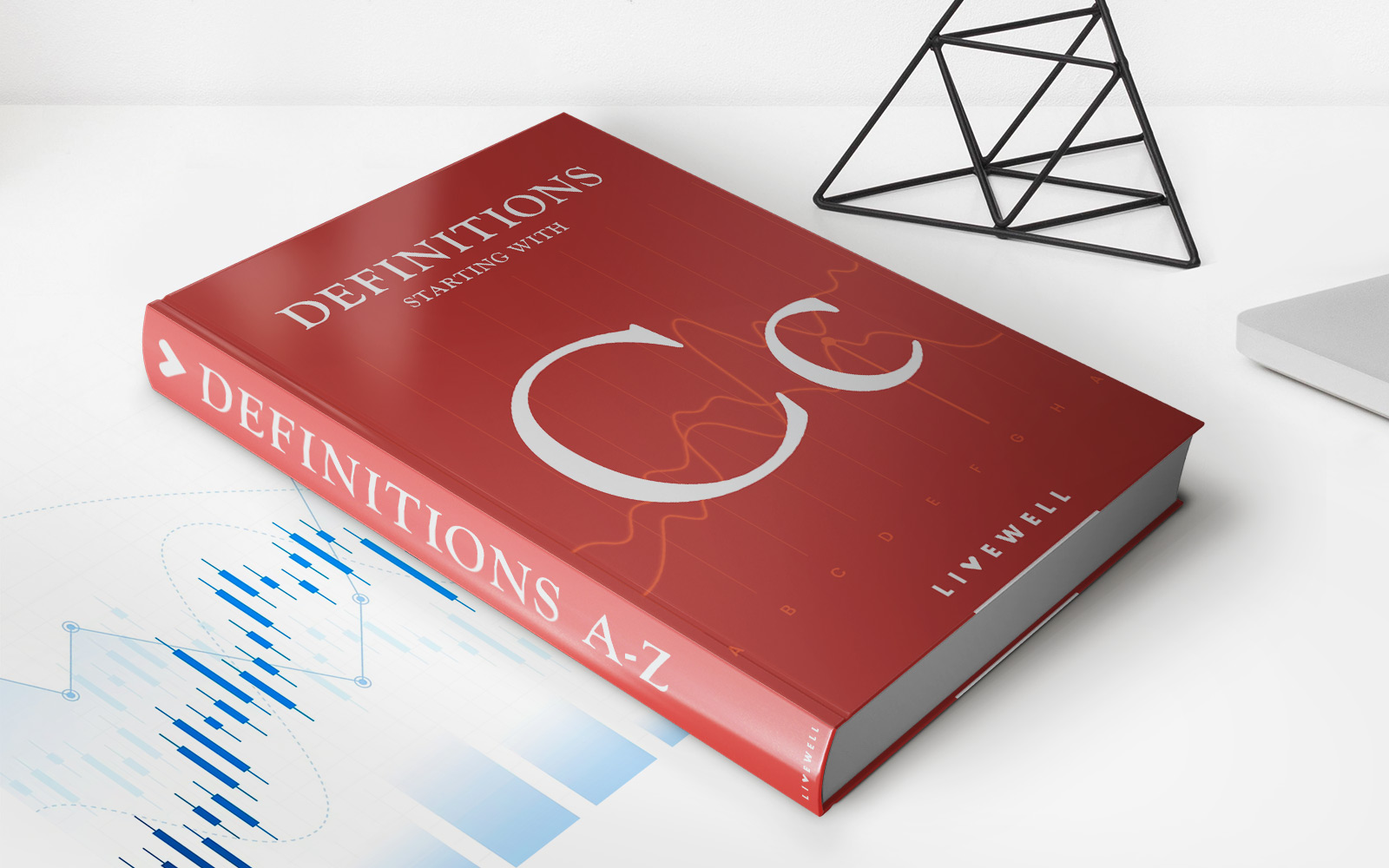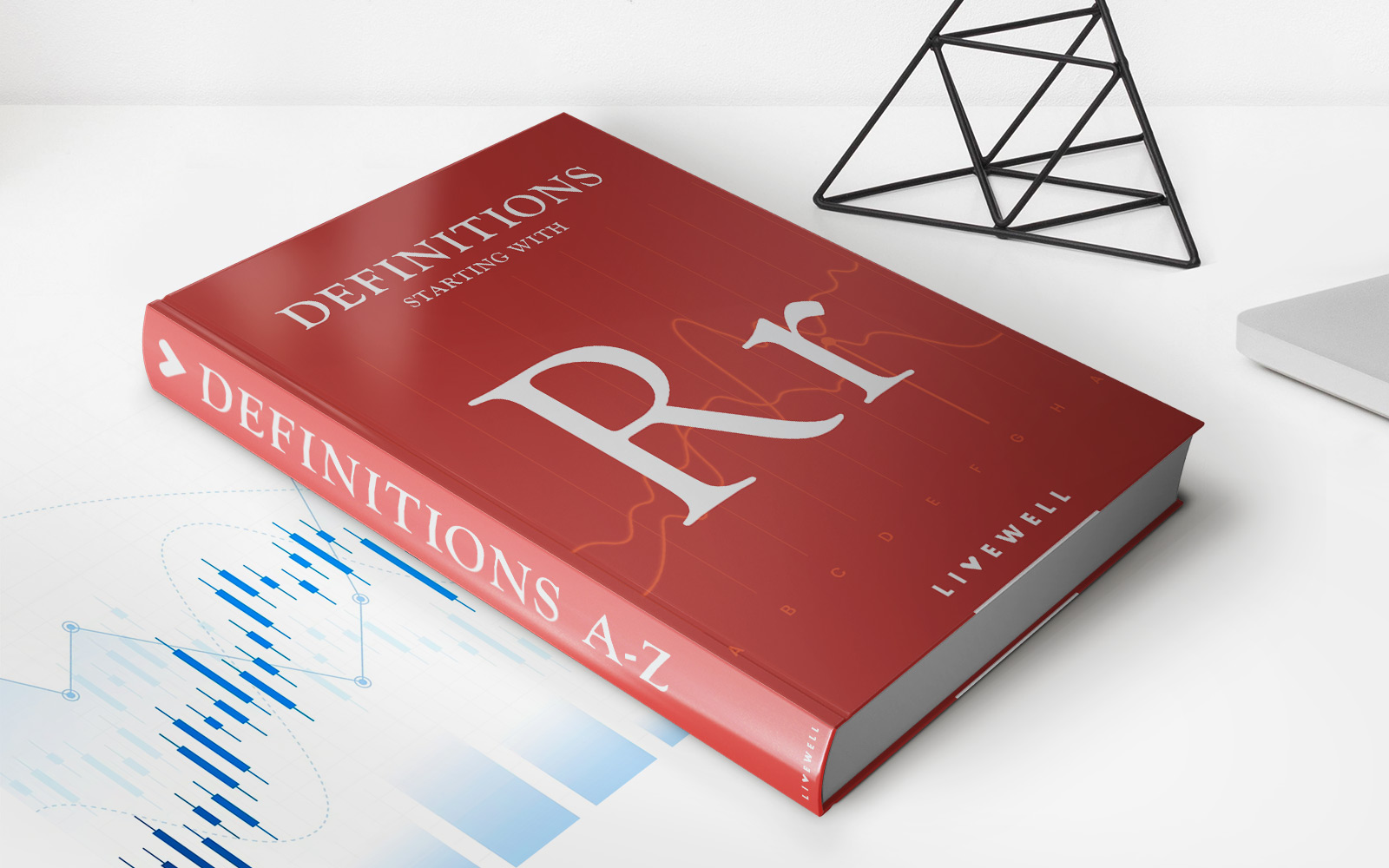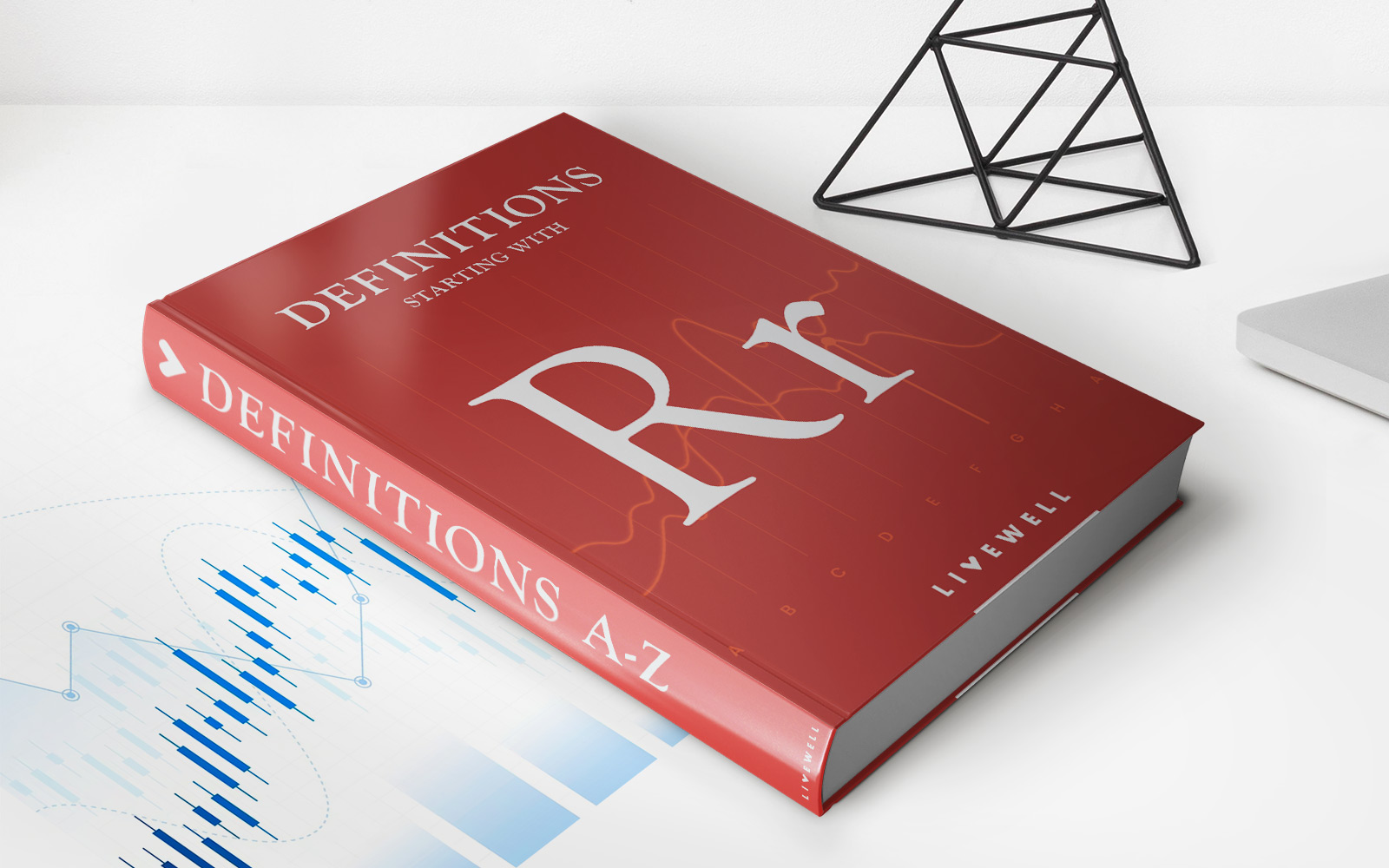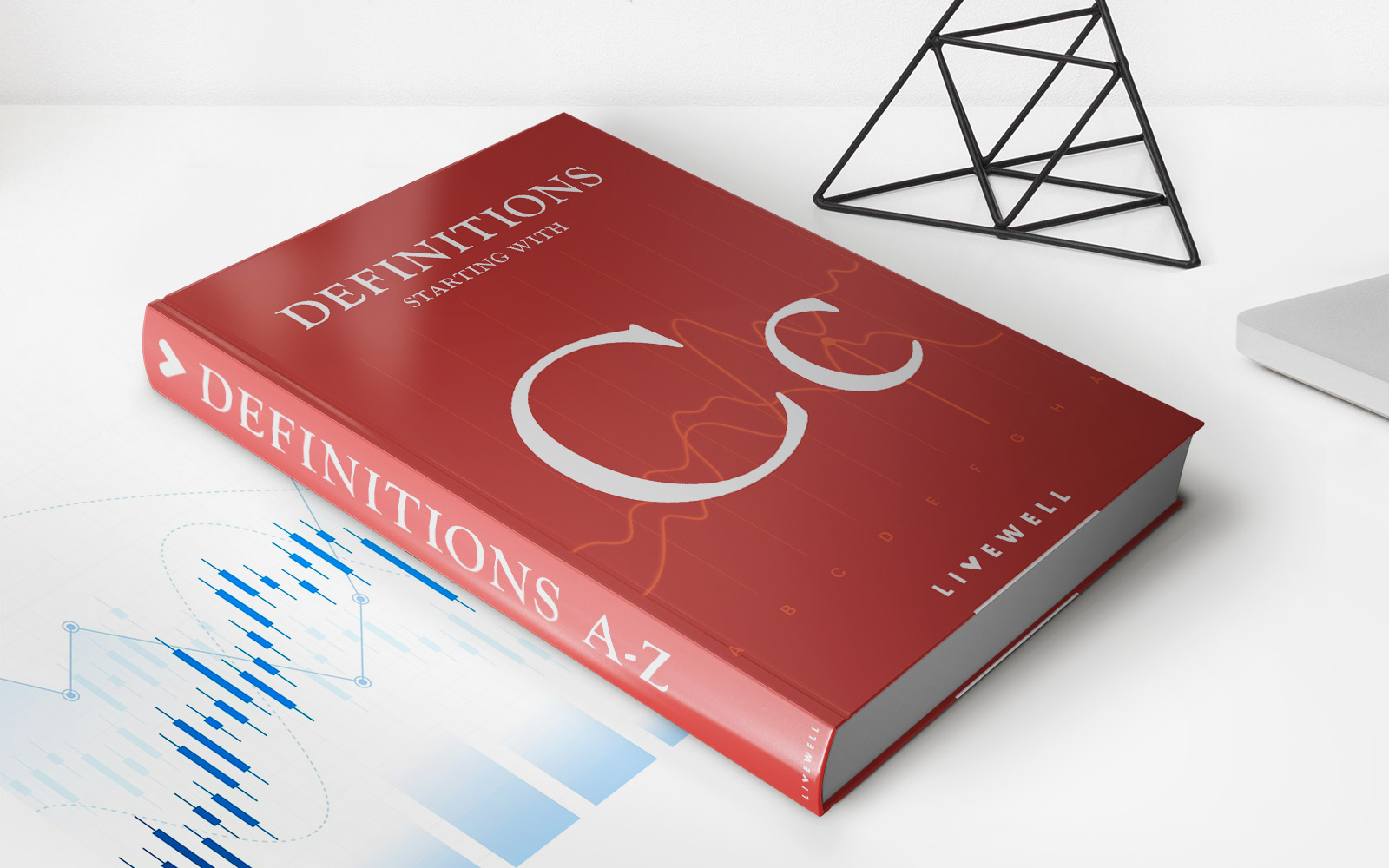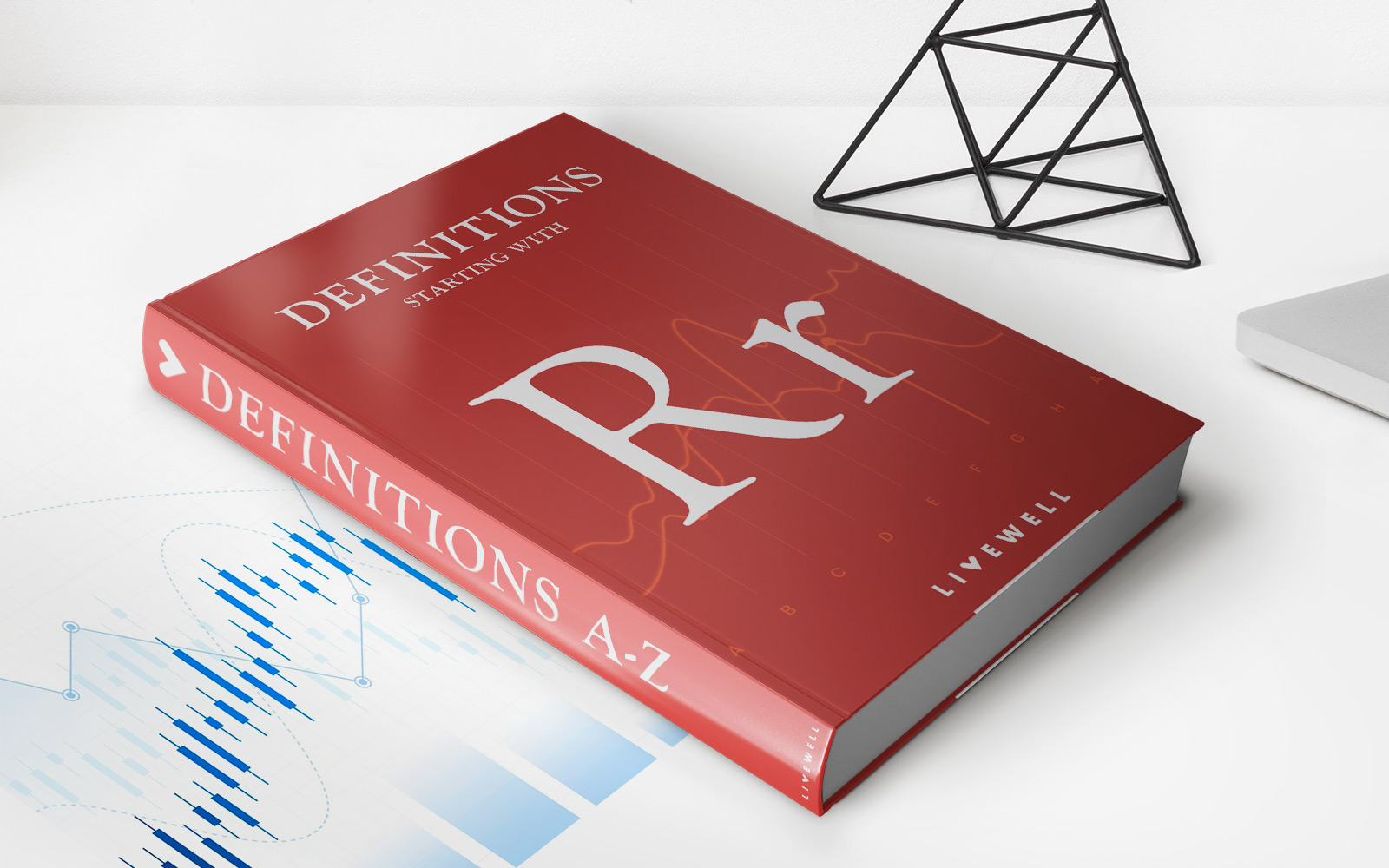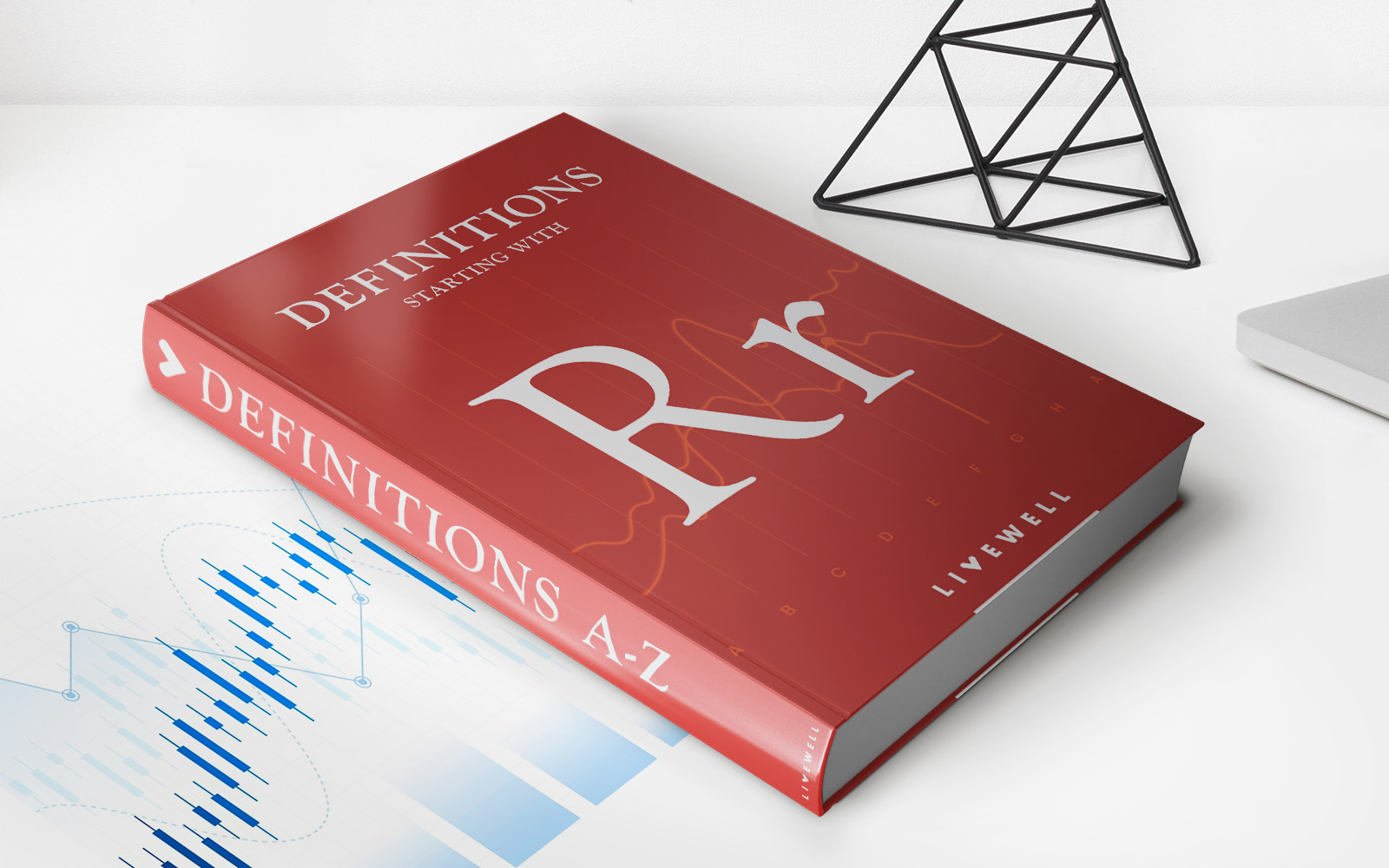

Finance
Growth Recession Definition
Published: December 3, 2023
Learn the definition of growth recession in finance and how it impacts the economy. Gain insights into the causes and implications of this phenomenon.
(Many of the links in this article redirect to a specific reviewed product. Your purchase of these products through affiliate links helps to generate commission for LiveWell, at no extra cost. Learn more)
Understanding Growth Recession: Definition, Causes, and Implications
In the field of economics, growth recession is a term that often crops up during times of economic uncertainty. But what exactly is a growth recession and how does it impact the financial landscape? In this blog post, we will dive into the concept of growth recession, explore its causes, and discuss its implications for both individuals and businesses. So, buckle up and let’s demystify this intriguing economic phenomenon.
Key Takeaways:
- A growth recession is a period of economic slowdown where the growth rate of an economy falls below its long-term average, but does not result in an absolute decline in GDP.
- Growth recessions can result from a multitude of factors such as decreased consumer spending, reduced business investment, or a shrinking export market.
Defining Growth Recession
A growth recession occurs when an economy experiences a significant slowdown in its growth rate, but does not technically enter a recession, which is characterized by a contraction in Gross Domestic Product (GDP). In other words, during a growth recession, an economy continues to grow, but at a slower pace than its long-term average.
During a growth recession, various economic indicators such as employment rates, consumer spending, and business investment tend to decline or grow at a below-average rate. While this phenomenon may not be as severe as a full-blown recession, it still has important implications for individuals, businesses, and policymakers.
Causes of Growth Recession
Growth recessions can be caused by a combination of internal and external factors. Here are some common reasons behind this economic phenomenon:
- Decreased Consumer Spending: When consumers become cautious about their finances and start curbing their spending, it can lead to a decline in economic growth.
- Reduced Business Investment: In times of uncertainty, businesses may hold back on investments in new projects or expansions, limiting overall growth potential.
- Shrinking Export Market: A contraction in the global market or reduced demand for a country’s exports can negatively impact economic growth.
- Tight Monetary Policy: Central banks may adopt restrictive monetary policies to control inflation, leading to reduced borrowing and spending, thereby affecting growth.
- Political Uncertainty: Political instability or policy changes can create an environment of uncertainty that hampers economic growth.
Implications of Growth Recession
Growth recessions can have wide-ranging implications for individuals, businesses, and governments. Here are a few key points to consider:
- Job Market: During a growth recession, job creation tends to slow down, leading to higher unemployment rates and reduced income generation.
- Income and Household Finance: The slowdown in economic growth can also impact household finances, with individuals experiencing reduced income growth and potentially limiting their spending habits.
- Business Operations: Companies may face challenges in expanding their operations or may need to cut back on certain expenses, such as hiring or capital investments, to navigate the uncertain economic climate.
- Policymakers: Governments and central banks may implement various strategies, such as monetary policy adjustments and fiscal stimulus, to promote economic growth and alleviate the effects of a growth recession.
Understanding the concept of growth recession is important for both individuals and businesses as it allows them to anticipate and navigate potential economic challenges. By staying informed about the causes and implications of growth recessions, individuals can make informed financial decisions, while businesses can develop strategies that ensure resilience in the face of economic uncertainties.
As the global economic landscape continues to evolve, it’s vital to stay tuned to economic indicators, emerging trends, and policy developments to gauge the likelihood and impact of future growth recessions.
